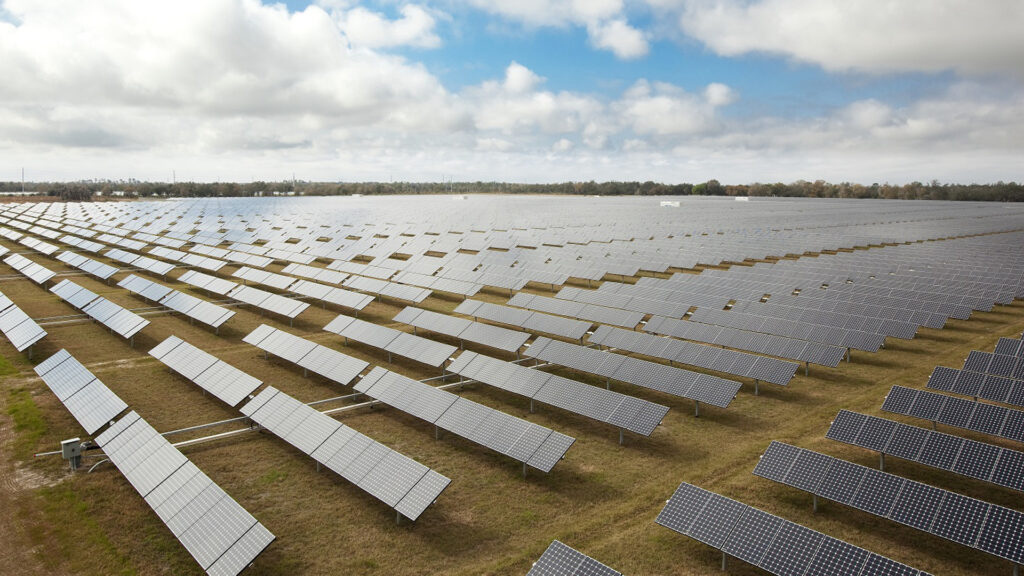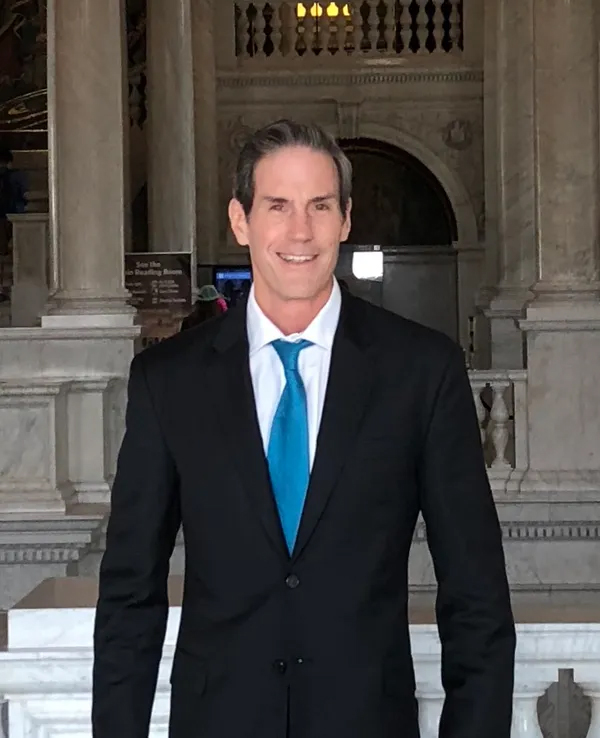By William McQuilkin
When I was a boy, there was a classic American television game show called “Beat the Clock.” Contestants had to compete against each other on a set time limit while an oversized clock was ticking on stage. Sometimes I feel like we are playing “Beat the Clock” with respect to responding to the climate crisis.
We are all now witnessing the effects of climate change in our daily lives, and it feels like the clock is ticking faster.
Florida is doing good things in the areas of resiliency and adaptation. Resiliency is the idea of having the capacity to adapt to changing conditions like sea-level rise and to be able to respond to stresses such as more intense hurricanes, flooding and extreme heat. I have previously lauded the state’s resilience officers and planners for their dedication and important work. We must do everything we can possibly do to help communities adapt to the climate change that is upon us now.

The other part of the equation is attacking the deleterious effects that greenhouse gas emissions have on climate through mitigation. This is where climate conversation becomes difficult.
Even the terms surrounding climate action can be confusing. Mitigation, as compared to adaptation, is primarily about reducing greenhouse gas emissions or removing these gases from the atmosphere. The more mitigation we do, the less adaptation that we will have to do. If we don’t act to curb emissions, at some point adaptation could just become cost prohibitive.
We know that all is not right with our planet. This summer we have witnessed the tragic death toll from the Hawaii wildfires at Lahaina and the Canadian wildfires that caused New York’s air quality to be rated as the world’s worst in June. The pictures out of Manhattan alone were like scenes from the movie “Blade Runner.”
This year also brought what scientists from NASA and the National Oceanic and Atmospheric Administration have now labeled the hottest summer ever recorded on Earth.
One of the best ways of reducing our carbon footprint is to make changes to the way we get our electricity. As noted author Eugene Linden points out in his book “Fire and Flood,” renewable energy now competes with (or beats) fossil fuels on cost, and he cites “ingenious” ways of reducing capital costs.
Additionally, Florida Trend magazine in its September issue talks about the “solar surge” in Florida as major utilities pivot to solar power.
Renewables like wind and solar need to be a larger percentage of utilities’ energy generating portfolio.
As a small farm owner, however, I also know that we need to be careful about converting too much of our precious agricultural lands and open spaces to huge solar farms. There are tradeoffs to be made and important discussions to have.
Here is where I think rooftop solar can also play a big role. We need to find a win-win, whereby both the utility company and the homeowner make out ahead, resulting in reduced energy bills as well as reduced carbon emissions.

Locally, the Renew Jacksonville campaign is advocating for JEA to make rooftop solar at least 5% of its energy portfolio. In these cases, JEA would be required to reimburse homeowners at a fair rate for the energy contributed to the grid. This would increase the resiliency of these neighborhoods. This is the right direction and the right thinking that will set us on a better course for the future.
In the end, I often think about what kind of world we are leaving behind for our children and grandchildren. It is one of the reasons that I care so much about climate change. I have a beautiful 3-year-old granddaughter. We like to take walks together on the beach or on our woodland trail. We help each other to see things.
By the grace of God, she may well live to see the dawn of the next century. But what kind of future awaits her? Every mother’s child deserves clear blue skies and a healthy, living, breathing planet.
So, as difficult as it may be, we need to have this conversation. We need to talk about reducing greenhouse gas emissions in a serious way.
William McQuilkin is a retired U.S. Navy rear admiral. He lives in Ponte Vedra Beach. This opinion piece was originally published by the Florida Times-Union, which is a media partner of The Invading Sea.
If you are interested in submitting an opinion piece to The Invading Sea, email Editor Nathan Crabbe at ncrabbe@fau.edu. Sign up for The Invading Sea newsletter by visiting here.



